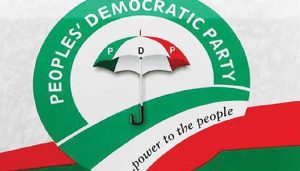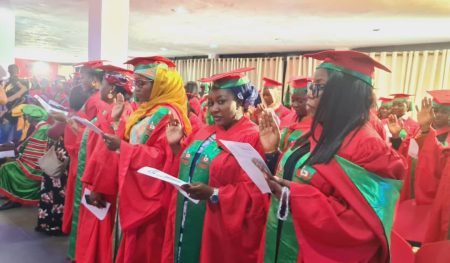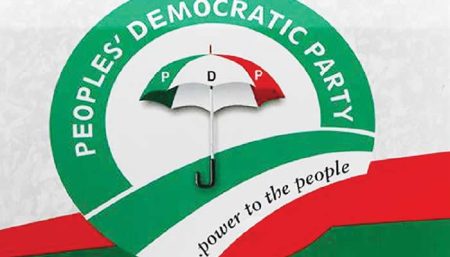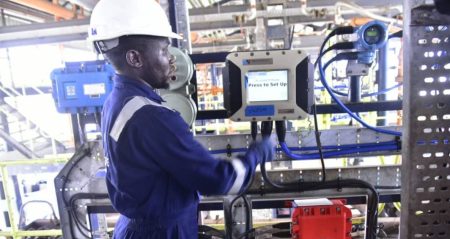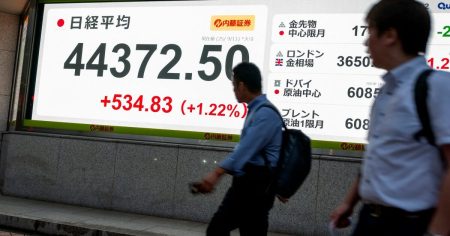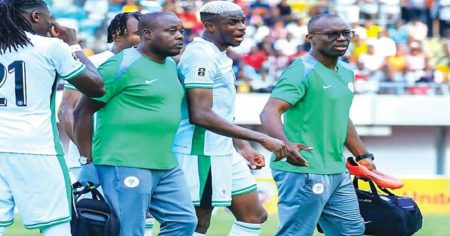Ademola Lookman, the Nigerian international and reigning African Player of the Year, finds himself embroiled in a bitter transfer dispute with his current club, Atalanta. The 27-year-old winger has publicly expressed his desire to join Italian giants Inter Milan, a move that has been met with resistance from Atalanta’s management. This resistance has escalated into a standoff, with Lookman boycotting training sessions and clearing out his locker at the club’s training ground, signaling a complete breakdown in the relationship between player and club. The situation underscores the complex dynamics of player transfers, contractual obligations, and the delicate balance of power between clubs and their prized assets.
Lookman’s frustration stems from what he perceives as broken promises by Atalanta’s management. He alleges mistreatment both personally and professionally, fueling his determination to leave the club. Adding to the complexity, Atalanta CEO Luca Percassi has acknowledged an informal agreement allowing Lookman to depart for a suitable fee, but with the crucial caveat that he cannot join another Serie A team. This stipulation directly impacts Inter Milan’s pursuit of the player, creating the current impasse. Percassi’s public confirmation of this agreement further complicates the situation, validating Lookman’s claims while also highlighting the club’s conflicting stance.
Lookman’s actions, including his absence from training and the removal of his personal belongings from the training ground, are clear signs of his discontent and his resolve to force a move to Inter. He was expected to attend individual training sessions due to recent injury concerns, but his continued absence underlines the depth of his frustration and his willingness to escalate the situation. This public display of dissent puts further pressure on Atalanta, forcing them to address the issue head-on while risking further damage to their relationship with the player.
Atalanta, understandably, is not pleased with Lookman’s tactics. His public pronouncements and deliberate absence from training are seen as a breach of his contractual obligations and a challenge to the club’s authority. The situation is rapidly deteriorating, moving from a behind-the-scenes negotiation to a very public and acrimonious dispute. The club’s strong reaction underscores the potential ramifications of a player taking such drastic measures, raising questions about the effectiveness of such strategies in securing desired transfers.
The core of the disagreement appears to be the transfer fee and the destination club. While Atalanta might be willing to sell Lookman, they are reluctant to strengthen a direct rival within Serie A. This stance puts them at odds with Lookman’s ambition to join Inter Milan, creating a deadlock that neither side seems willing to break easily. The situation highlights the conflicting interests at play in the transfer market, with clubs prioritizing their competitive advantage and players seeking opportunities that align with their career aspirations.
The future of Ademola Lookman remains uncertain. His actions have undoubtedly strained his relationship with Atalanta, possibly beyond repair. Whether Inter Milan will increase their offer to meet Atalanta’s demands remains to be seen. The situation serves as a stark reminder of the complexities and often contentious nature of player transfers in modern football. It also underscores the increasing power of players to influence their own destinies, even when faced with contractual obligations and the resistance of their current clubs. The coming days and weeks will be crucial in determining the outcome of this standoff, and whether Lookman will ultimately achieve his desired move to Inter Milan or be forced to remain at Atalanta under strained circumstances.




